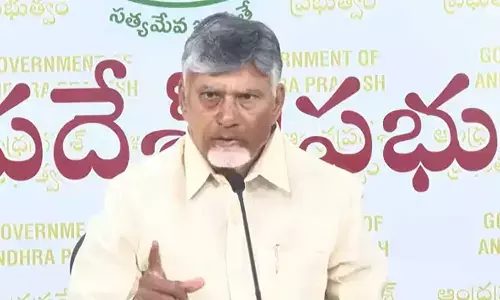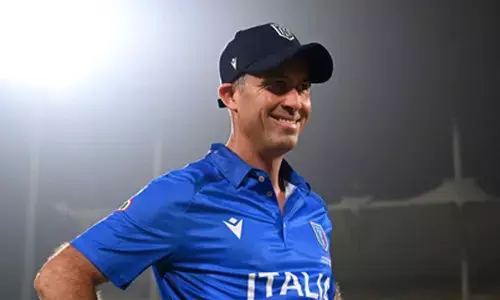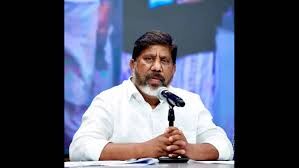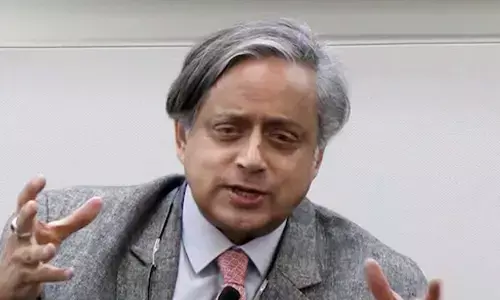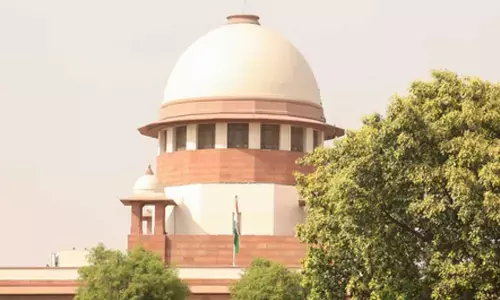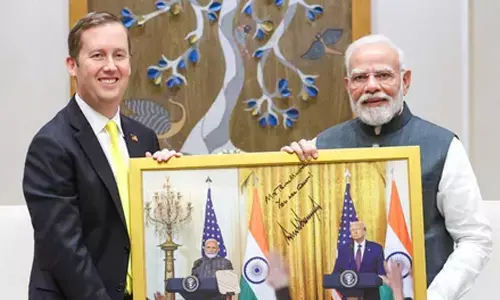Not yet a closed issue
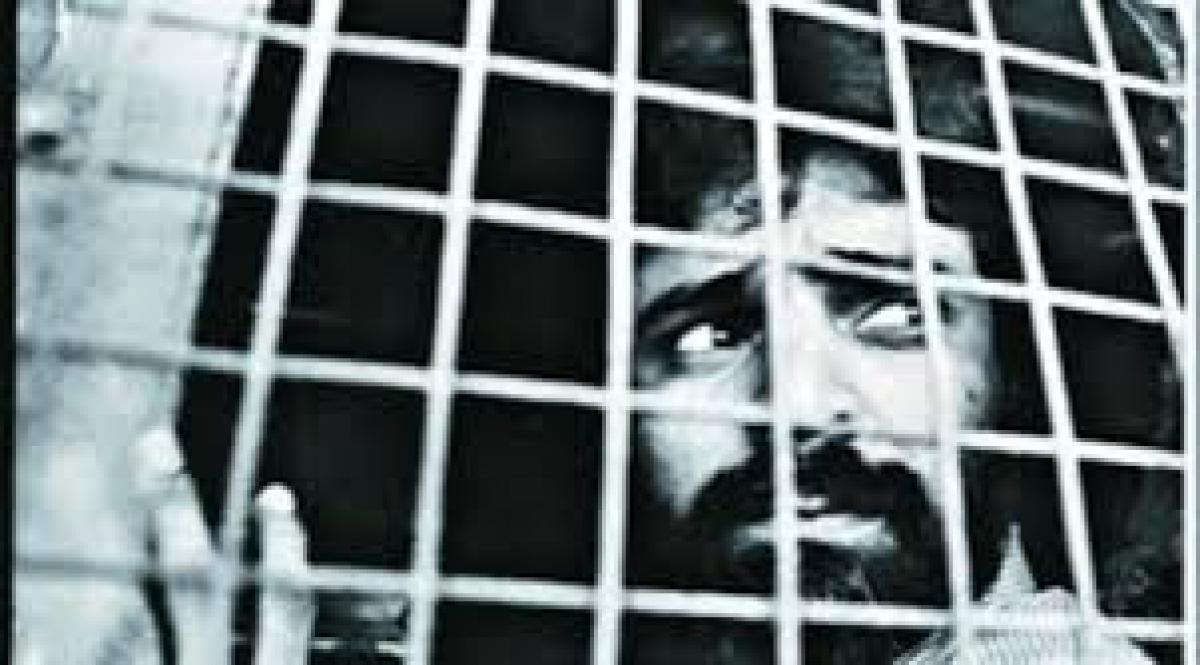
APJ Abdul Kalam opposed death penalty. His death on the day the Supreme Court inconclusively heard the “last gasp” appeal of Mumbai explosions convict Yakub Memon could escalate the ongoing debate on capital punishment. Kalam’s predecessor K R Narayanan and successor Pratibha Patil were both conscientiously opposed to capital punishment.
APJ Abdul Kalam opposed death penalty. His death on the day the Supreme Court inconclusively heard the “last gasp” appeal of Mumbai explosions convict Yakub Memon could escalate the ongoing debate on capital punishment. Kalam’s predecessor K R Narayanan and successor Pratibha Patil were both conscientiously opposed to capital punishment.
Patil commuted 35 death sentences to life imprisonment. Death row convicts were not hanged for almost 15 years. President Pranab Mukherjee rejected some mercy petitions, including Memon’s, clearing the way for hangings. The apex court criticised this delay, converting 15 cases to life imprisonment. But sensing explosive situation, it also blocked the release of ex-PM Rajiv Gandhi’s assassins. Tempering has come more from the judiciary than the executive.
Whether a human should hang another, convicted through a judicial process, has been debated without resolution not just in India but across the world. Perhaps, none is possible. India retains capital punishment and voted against UN General Assembly resolutions in 2007 and 2012, inviting both justification and condemnation at home and abroad.
India retains capital punishment under an 1860 law, retaining all stipulations under that British era law ranging from Sati, mutiny, kidnapping and rape to drug-trafficking. Offences under anti-terrorism law and “honour killings” have been added. Cyber crime could be added in future to this long list.
The highest court in its verdicts in 1973, 1979 and the one in Bachan Singh vs. State of Punjab (1980), repeatedly ruled that hanging be ordered only in the “rarest of the rare” cases. But a recent report notes that the country’s lower courts have tended to use this expression far too often to justify extreme punishment.
In recent years, the SC refused to award death penalty to convicts in Graham Staines, Jessica Lall and Priyadarshini Mattoo murder cases stating that these were not “rarest of rare” cases. Even the executive does not appear to be enthusiastic about death penalty.
Political and emotional considerations make any decision, be it by a government, the Head of the State or the court, extremely difficult. Add to that the role of the media and social media, the recent entrant. The 2013 debate when Afzal Guru, convicted in terror attack on Parliament and the current one on Memon indicate high public concern – either way.
If the supporters of hanging vociferously cite heinous crime, like in Nirbhaya’s gangrape case, the opponents quote Gandhi and Buddha and want a modern society to be more humane. The finality of a judicial verdict, when many of them carry dissenting voices of the judges, also lend weight to the argument: why not end death penalty?
The entry of “non-State actors” has confounded the State-versus-People debate. Emotions run riot. A serving Supreme Court judge has cited “trial by media,” which, according to him, has tended to cloud judicial mind while delivering orders that mean, literally, life or death. The response to Memon issue shows that the capital punishment is not a closed issue.








